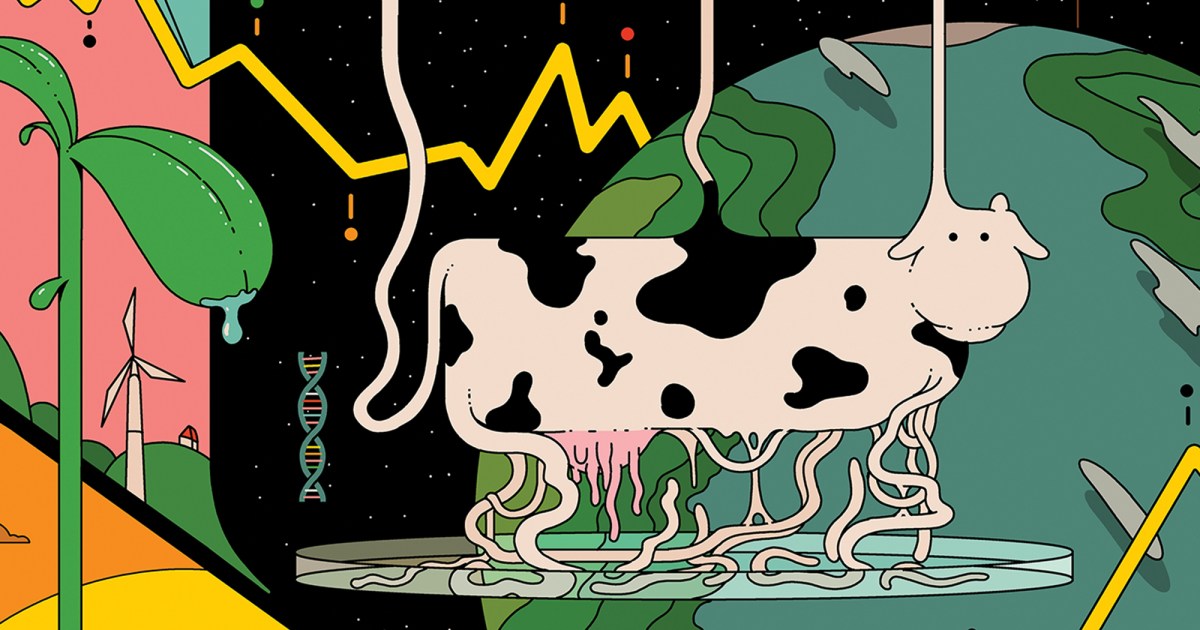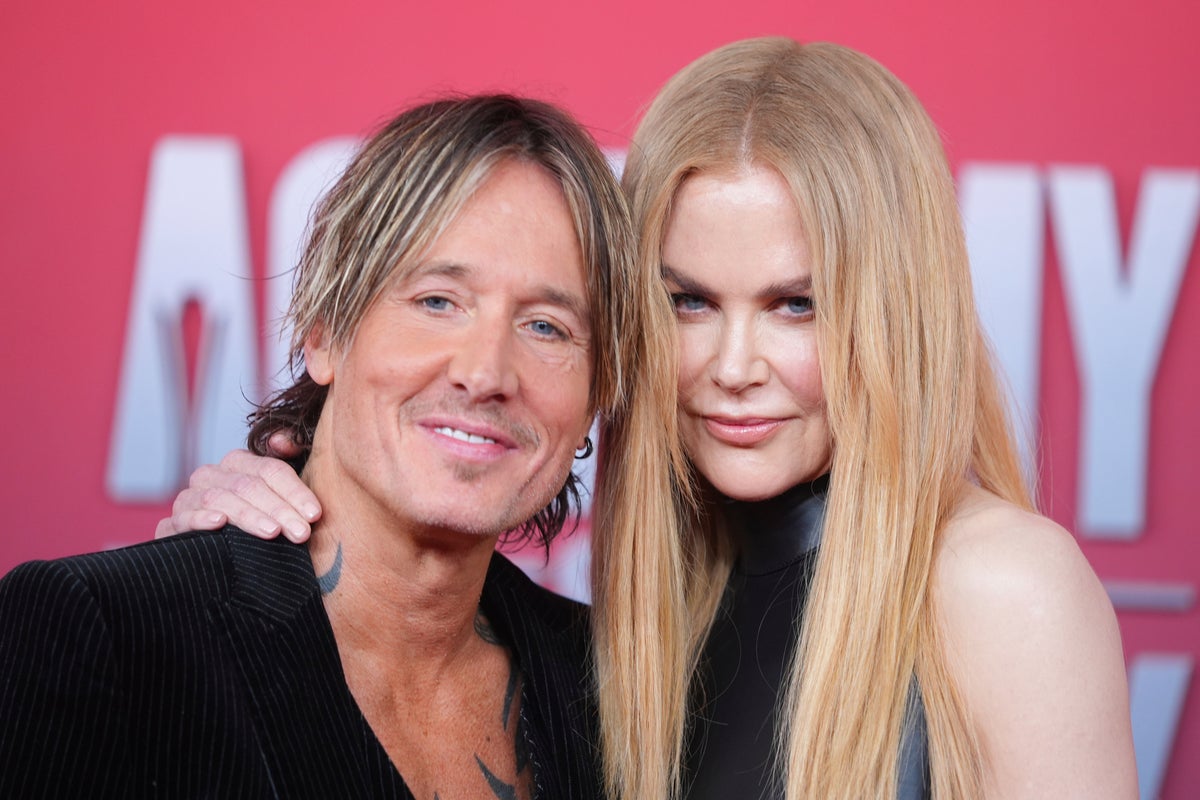Scientists once predicted meat-making machines on every kitchen counter, but so far cultured meat—grown from the cells of an animal in a lab or factory—has only been seen at a handful of high-end restaurants. There are entirely practical reasons the stuff has yet to make its debut at McDonald’s, but also bizarre, conspiratorial ones; some states have already banned it for reasons that include “global elites” and “bugs.”
First imagined in 19th-century science fiction, cultured meat became a reality in the early 2000s when NASA grew fish tissue in a liquid serum. The first peer-reviewed paper on the topic, in 2005, predicted that cultured meat could address consumer concerns over “nutrition-related diseases, foodborne illnesses, resource use and pollution,” and the ethical implications of raising animals for meat.
The years that followed brought a mini-boom of research boosted by powerful investors like Bill Gates and Jeff Bezos. But the technology was pricey and the environmental gains didn’t pan out. While early analyses predicted that emissions from meat production could be reduced by up to 96 percent, those estimates were downgraded over the years; one paper even argued the environmental impact of lab-grown beef could be greater than that of cattle.
In 2022, Rep. Marjorie Taylor Greene asserted that the government was “surveilling” Americans with meat grown in petri dishes
Farmers didn’t take lab-grown meat seriously until about 10 years ago, when farmed animal protein was on the outs because of its association with climate change and heart disease. “Meatless Mondays” were in their Oprah-boosted heyday, plant-based burgers like Impossible and Beyond were exploding in popularity, and the agricultural giant Tyson Foods had invested in lab-grown meat startups and launched its own plant-based products. By 2019, the National Cattlemen’s Beef Association (NCBA) was lobbying states to pass laws limiting the use of terms like “hot dogs” and “burgers” to the marketing of farmed animal products. You’d have to say veggie “tubes” or “pucks.” (Tofurky sued, and the restrictions were deemed unconstitutional, except when the meat-related words were being used deceptively.)
The next year, Singapore became the first country to approve cultured meat for consumption. The United States followed in 2023, and two companies (including one backed by Gates) brought to market lab-grown chicken products, which are as yet too expensive for most consumers.
In the interim, right-wing trendsetters were busy spreading conspiracy theories about lab-grown meat. In 2022, Rep. Marjorie Taylor Greene asserted that the government was “surveilling” Americans with meat grown in petri dishes, and that the deep state would “zap” those who ate a real burger. Though widely mocked, Greene was tapping into a growing political movement that had begun the year before, with influencers going viral for promoting “real”—often raw—meat. The most famous one, Liver King, touted a meat-heavy “ancestral lifestyle” on TikTok that included eating raw organs and questionable “natural” supplements. He later admitted he was also ingesting copious amounts of steroids, but the trend stuck. Proponents, including doctors-turned-influencers, highlighted supposed benefits of animal meat—including increased testosterone and sperm count—and derided people who preferred plant-based options as “soy boys.”
Robert F. Kennedy Jr., who brags of his “caveman”-style carnivore diet, drummed up concern about lab-grown meat when he served as chair of the anti-vaccine nonprofit Children’s Health Defense, calling it a “catastrophe-in-the-making” and, weirdly, “the death knell to Thomas Jefferson’s vision of a democracy.” Soon white supremacists were posting that Gates and other supposed shadowy “globalists” were pushing the government to replace traditional meat with stuff made from bugs. Tucker Carlson seized upon this particular bit of lunacy, devoting an episode of his show to it and declaring, “Eating insects is repulsive and un-American.” One of his guests said the push for bugs was “because they want these farmers’ land.”
This was red meat for the MAGA base. In May 2024, Florida Gov. Ron DeSantis signed the first statewide lab-meat ban. “Florida is fighting back against the global elite’s plan to force the world to eat meat grown in a petri dish or bugs to achieve their authoritarian goals,” he proclaimed. Earlier this year, in the lead-up to Nebraska’s ban, a state senator warned that cultivated meat would “socially engineer” people away from farmed meat, while Gov. Jim Pillen declared it the result of “crazy far-left ideology.”
Despite such rants, the cattle industry seems less concerned now than it was a few years ago. The NCBA has reversed course and come out against the state bans, some of which have failed. Trump’s FDA recently approved a cultured salmon product from the Bezos-backed company Wildtype.
What’s behind the about-face? Politics might be part of it. Fourth-generation Nebraska rancher Dan Morgan recently told the Associated Press that banning meat alternatives seems antithetical to free-market innovation. “It sounds like a bunch of right-wing Republicans echoing a bunch of left-wing Democrats,” he quipped.
What’s more, the whole idea of lab-grown meat appears to give folks the ick: In one 2022 survey, people deemed it “equally or more healthy, but more disgusting than conventional meat products.” As long as prices are high and consumers are weirded out, conventional producers have little to worry about. As the Cattlemen’s director of government affairs put it last year, “We’re not afraid of competing with these products in the marketplace.”














